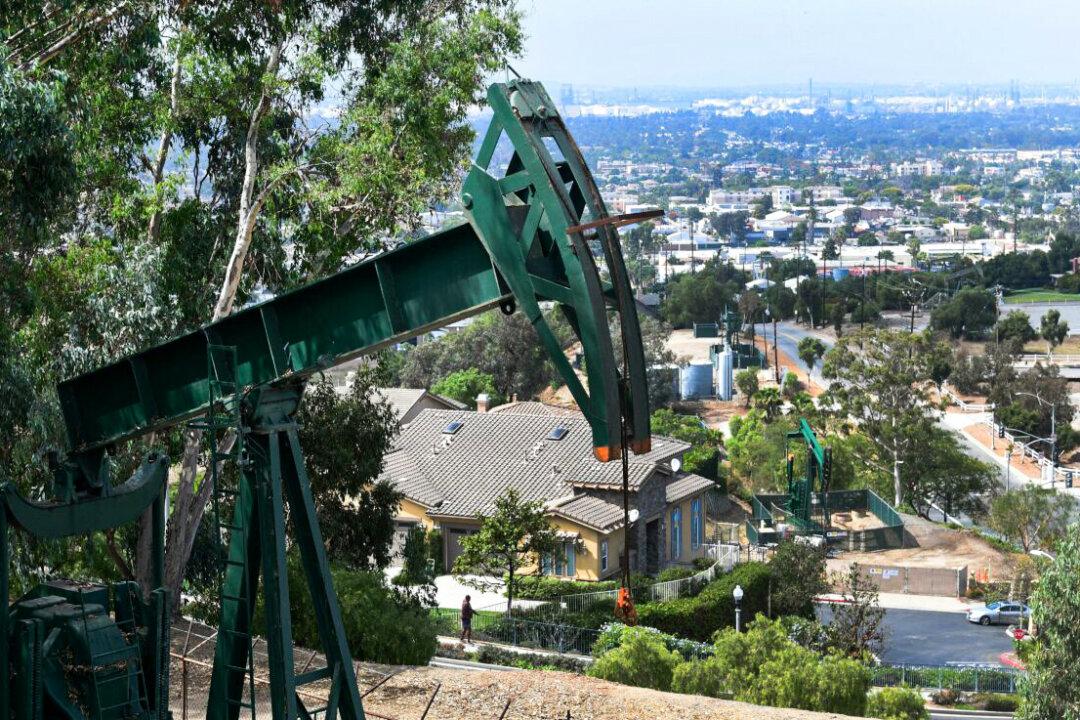Gas and oil wells could be obsolete in the city of Los Angeles by 2027, after the city council unanimously approved a motion to draft an ordinance that bans new and existing wells over the next five years.
The motion was first introduced in December 2020 by Council President Nury Martinez and Councilman Paul Krekorian amid complaints from residents who live near the wells.





